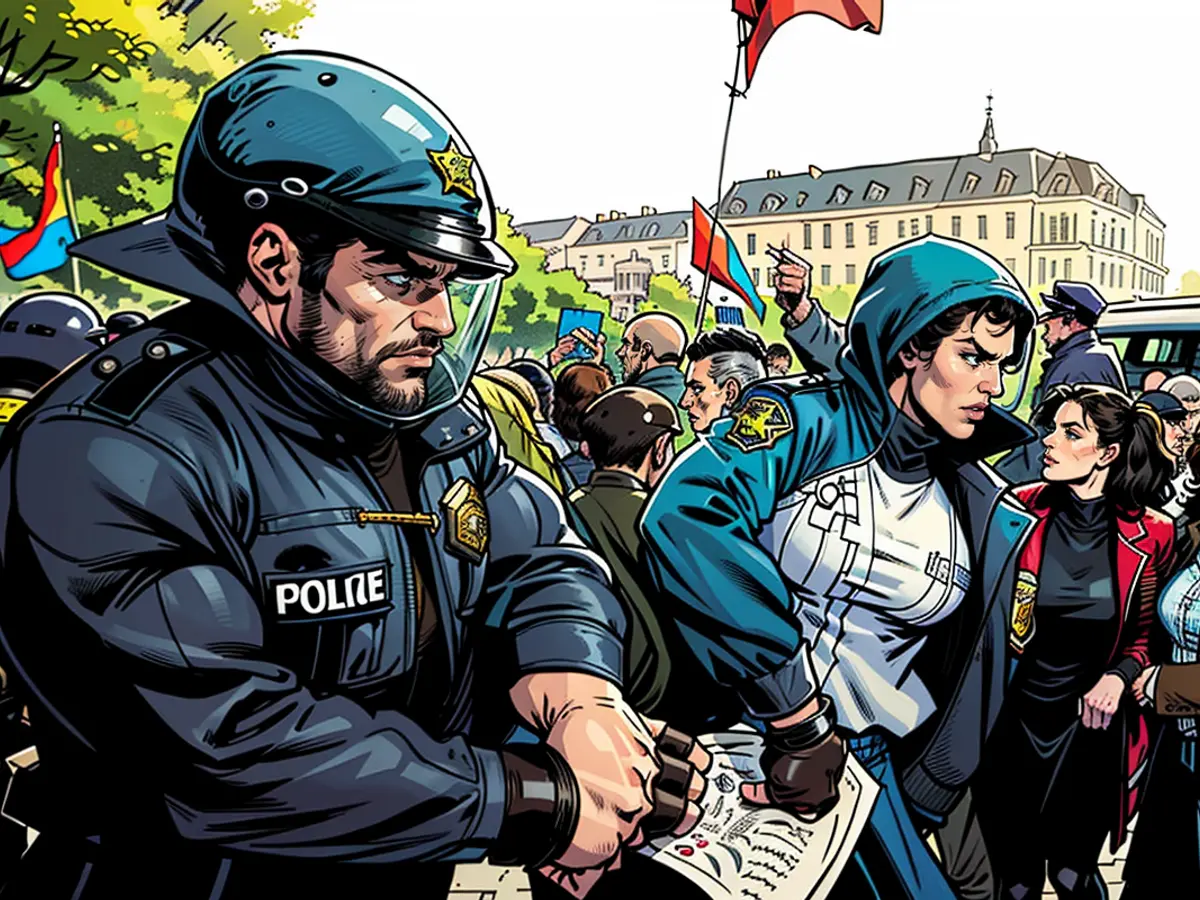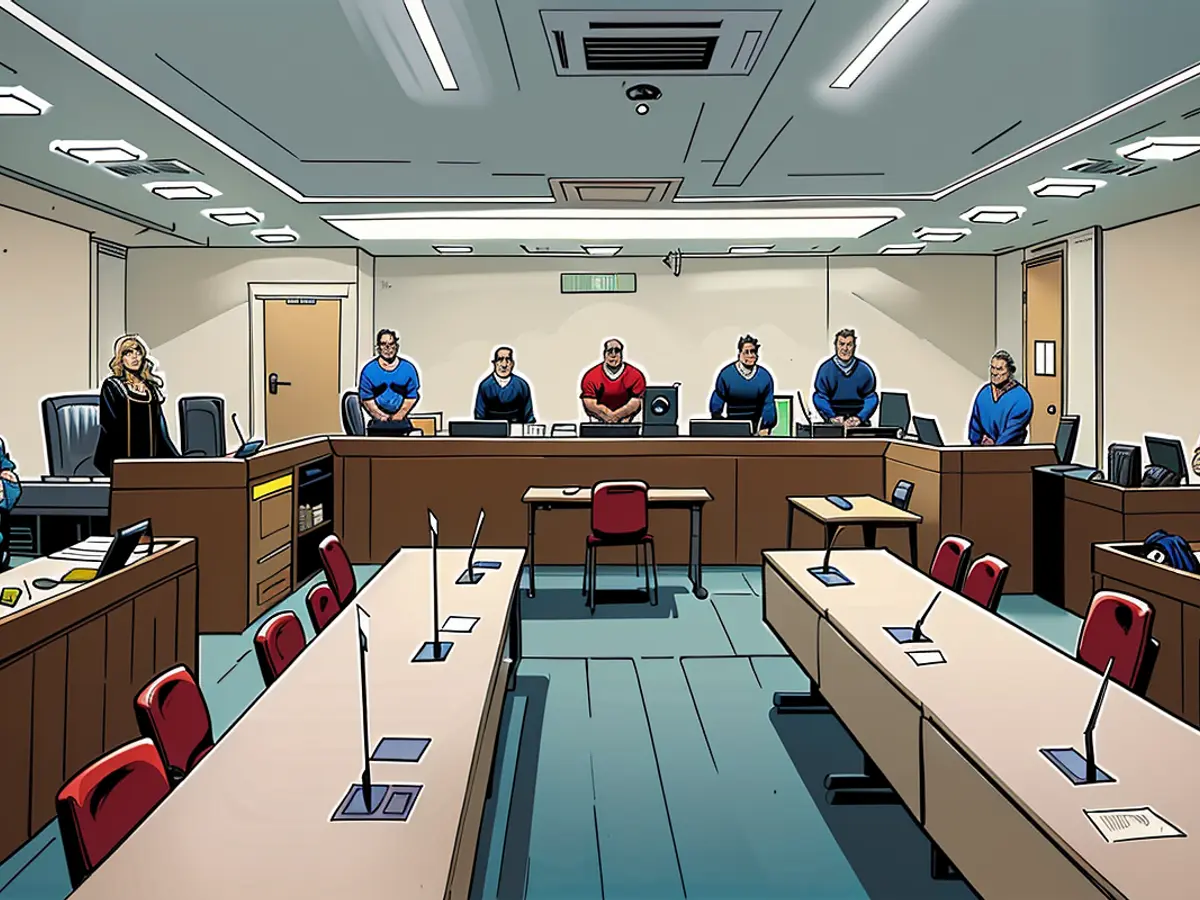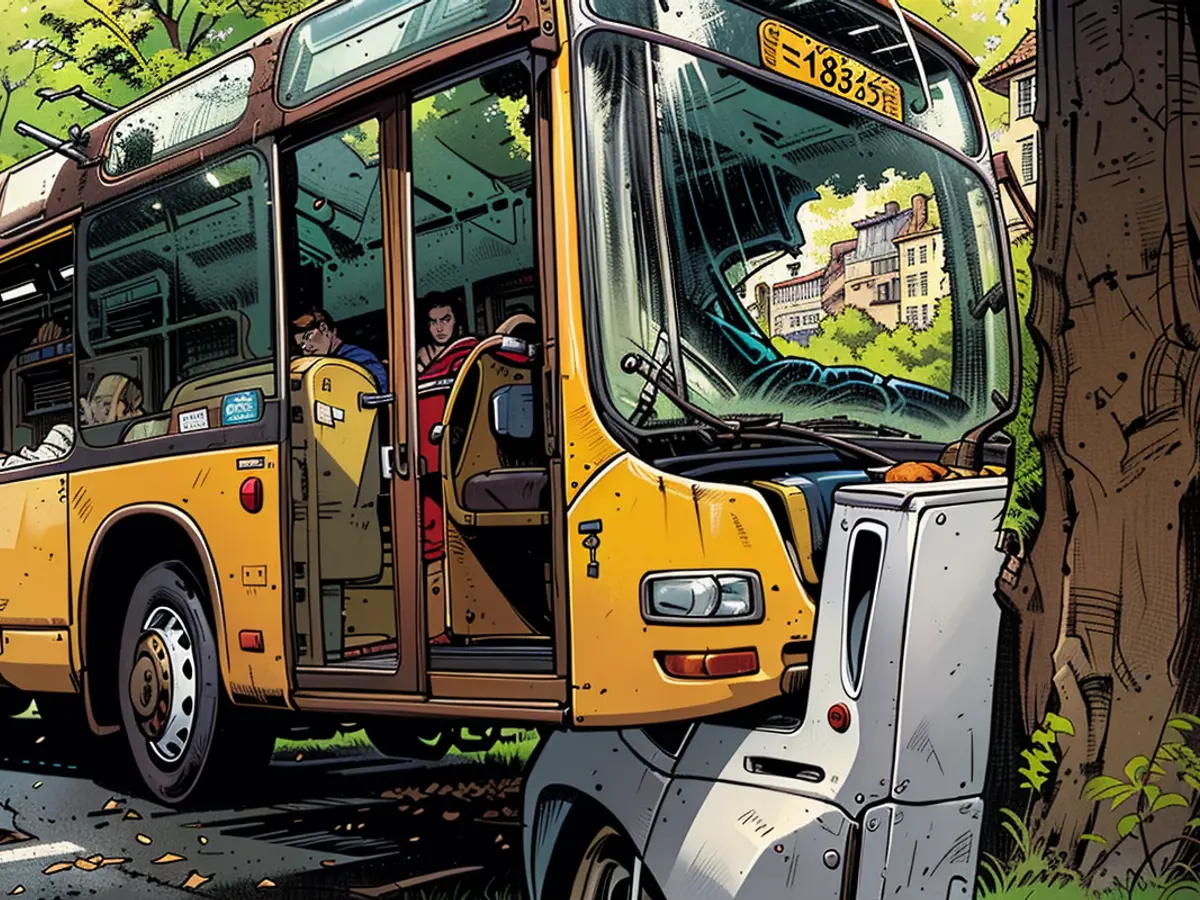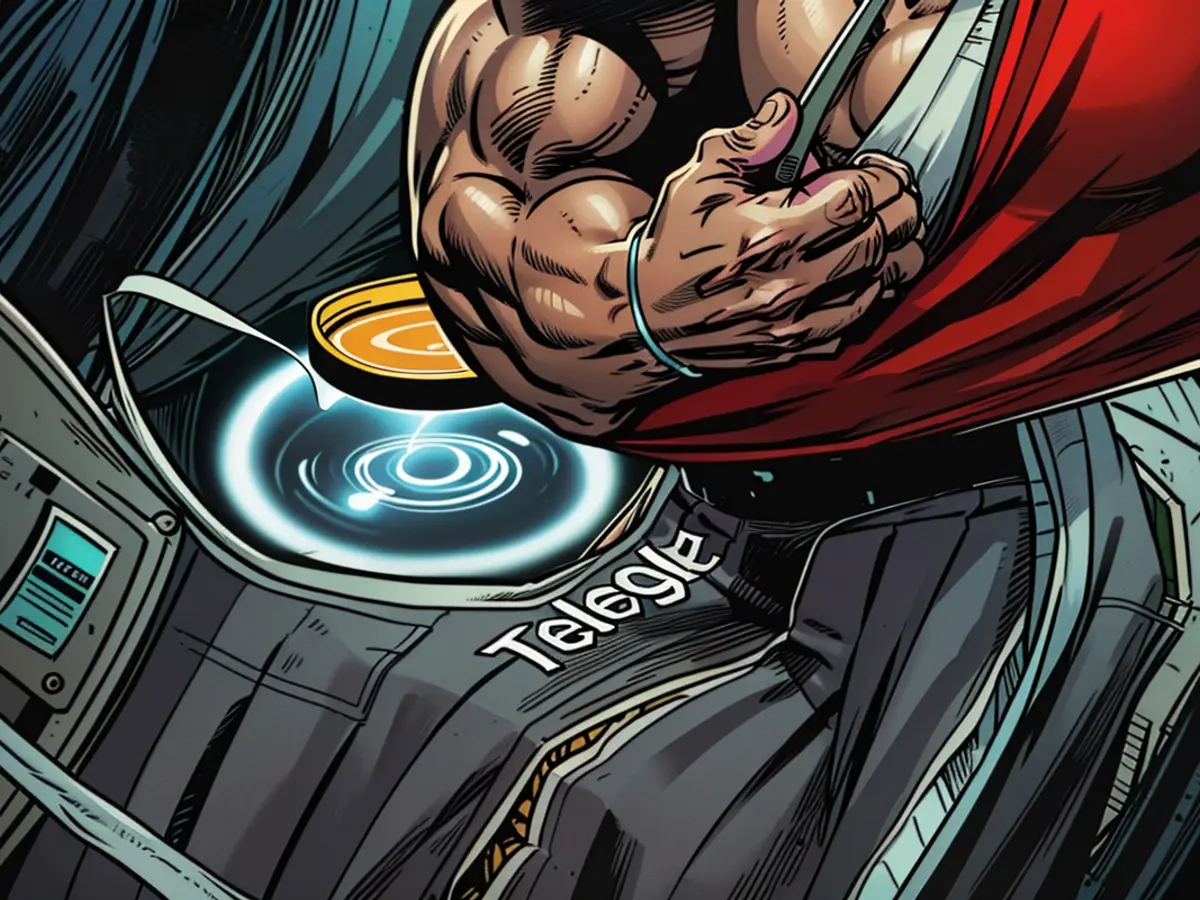Las personas con discapacidad se caracterizan principalmente como personas en primer lugar.
Suelo recibir la pregunta: ¿Está bien que las personas sin discapacidad hagan bromas sobre personas con discapacidad? Pienso: Si las bromas son buenas, entonces sí.
"Cada rutina de comedia debería comenzar como una persona en silla de ruedas: necesita establecer el tono." El comediante Felix Lobrecht solía comenzar sus shows con esta broma. Creo que es una astuta juego de palabras. Es un hecho, no señala a nadie en particular, no es ofensivo y incluso es un buen juego de palabras. Algunos usuarios de silla de ruedas podrían sentirse atacados - todos son diferentes. Pero en general, nadie se ofendería con esta broma.
El comediante Chris Tall también hace bromas sobre personas con discapacidad en sus shows, pero lo hace de manera simpática y sin ofender a nadie. Y el comediante, conocido por su gran tamaño, también hace bromas sobre personas con sobrepeso, especialmente sobre sí mismo.
Sin embargo, el caso de Luke Mockridge es diferente. Aquí, las personas con discapacidad son objeto de burla, no solo deportistas discapacitados. En el episodio del podcast, se sugiere que las personas con discapacidad no pueden lograr la excelencia deportiva porque tienen una discapacidad. Eso es una línea que no es graciosa: menospreciar a las personas por su discapacidad. La escena tampoco fue graciosa.
Mockridge reconoce esto, como lo demostró su llamada "pedida de disculpas" hace unos días. Pero es como el comentario de Alexander Gauland sobre el excremento de pájaro: tanto su comentario como imitar los movimientos de personas con discapacidad fueron planeados con anticipación. La risa partly burlona que hizo que esta "comedia" resultara literalmente repugnante no fue accidental. Y hay una regla simple: si no quieres tener que disculparte por cruzar una línea, no la cruces.
En la vida cotidiana
Pero ¿qué pasa en la vida cotidiana? ¿Puedes decirle algo a una persona con discapacidad en una conversación? Diría: sí, pero ten en cuenta las consecuencias. Las personas con discapacidad reaccionan como las personas. Pueden ser sensibles o duras, tener buenos o malos días, buenos o malos humores. Las personas con discapacidad son personas ante todo.
thus, don't say, do, or ask anything that you yourself would find disturbing. Don't touch a stranger with no arms on the shoulder if you wouldn't want someone to do that to you. Don't rush up to a person with impaired vision and grab them by the arm if you wouldn't want a stranger to cling to your arm. However, it wouldn't be okay if you're sure your counterpart might really need help. Consider that the person with impaired vision might not see you. Speak to them, they will react: positively, negatively, casually, stressed - it depends on the situation.
How you behave in a conversation with a person with a disability is quite simple: Treat them like a person. Don't make comments that you would find offensive from others. Don't ask questions that you wouldn't want to be asked yourself. If you've gone too far, you'll see it on your counterpart's face.
In general, I suggest: Be curious. The number of people with disabilities is decreasing thanks to better medical care. If you have the opportunity to talk to a person with a disability, take it. You'll learn a lot.
People with disabilities often refer to themselves as "disabled" or describe their disability as: paraplegic, deaf, blind. "Disability" is a neutral word that describes a state. For instance, I have a physical disability that prevents me from driving a car. My disability is visible, I don't hide it, and it's not something I'm ashamed of. The word "disability" isn't the issue. The problem lies in what people imagine when they hear it.
However, language is evolving, and people are increasingly at the center of the conversation. While it was acceptable ten years ago to say "the disabled person", today we should say "the person with a disability".
It's important to note that I don't just have a disability, I am also disabled. This applies to all people with disabilities, regardless of their specific disability: here, a sign language interpreter is missing, there, a toilet is inaccessible for a wheelchair user, elsewhere, a hotel has a breakfast buffet that's not navigable for a person with impaired vision. To cope, people with disabilities will seek solutions, like asking a hotel staff for help at the buffet.
People often find ways to avoid using the word "disability". While well-intentioned, I believe it's largely unnecessary. A popular term is "handicap", but it has a negative connotation, even in English-speaking countries. It literally translates to "restriction". However, due to assistive technology, modern laws, and a more considerate society, the lives of people with disabilities are less "restricted" than ever.
The fact is, while there's still a long way to go for complete normality, we've come quite far. This is evident in the backlash against the podcast featuring Luke Mockridge. Discriminating against people with disabilities is no longer acceptable. What's slowly gaining traction in society is: we're all the same.
In some circles, making light of disabilities can be seen as perpetuating discrimination. For instance, using stereotypes or making jokes that belittle individuals based on their disability can be perceived as disrespectful and harmful.
Moreover, certain phrases perpetuate negative stereotypes, such as referring to a person as "handicapped" instead of using the more person-first approach of "person with a disability." This term emphasizes the individual's identity and their abilities rather than focusing solely on their disability.








